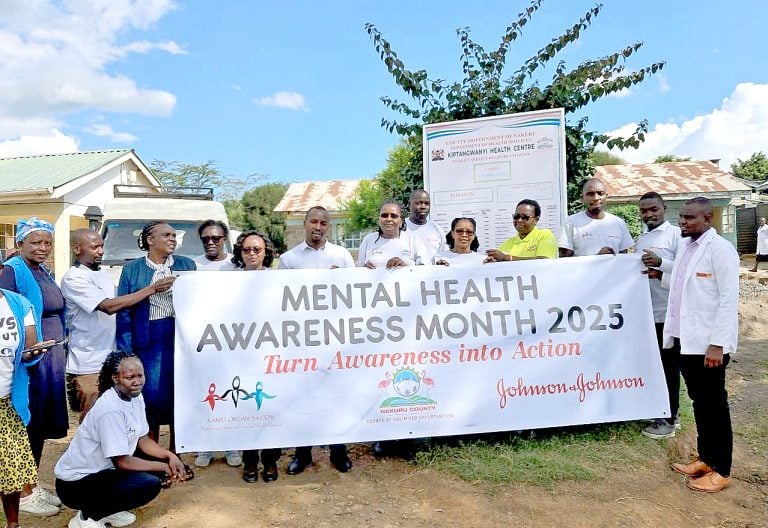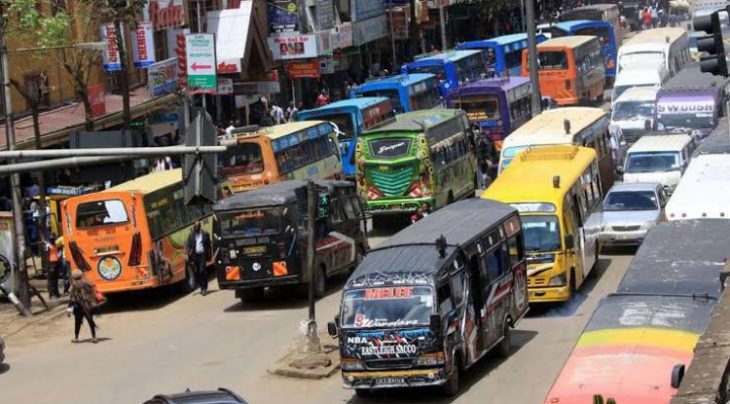Build future where mental health matters

June is Mental Health Awareness Month, a time meant to bring into the open the invisible wounds many carry, often alone and unheard. In Kenya, mental health is a topic still wrapped in silence, stigma and misunderstanding.
Yet behind this silence lie countless lives touched by pain, fear and isolation, demanding urgent attention and compassion.
Studies estimate that between 25 to 40 per cent of patients attending health facilities in Kenya suffer from some form of mental health condition.
Depression, anxiety, post-traumatic stress disorder (PTSD) and substance abuse are common, cutting across age, gender and social status. Sadly, just a few receive the support they desperately need.
Imagine the loneliness of a young woman battling severe depression in a rural village with no trained mental health professional nearby, or a man struggling with addiction in Nairobi, fearful of seeking help for fear of shame.
Imagine a teenager suffering anxiety triggered by economic hardships, violence or family breakdown, while their community dismisses their pain as weakness or spiritual failure.
Cultural beliefs around mental illness continue to fuel stigma. Too often, mental health challenges are mistaken for curses, witchcraft or moral failings.
Families may hide a loved one’s condition rather than seek care, fearing ostracism. This isolation compounds suffering and delays treatment, sometimes with tragic consequences.
The healthcare system in Kenya is simply ill-equipped to meet the mental health burden.
There are fewer than 120 psychiatrists nationwide to serve nearly 60 million people, alongside roughly 250 psychiatric nurses.
Many of these professionals are concentrated in urban centres like Nairobi, leaving rural areas glaringly underserved.
The mental health crisis has become painfully visible. For instance, more than 140 Facebook content moderators in Kenya were recently diagnosed with PTSD and depression after prolonged exposure to graphic and traumatic content.
These workers, essential to the global social media ecosystem, have faced unimaginable psychological tolls with limited support, shining a spotlight on the hidden mental health toll of modern work environments.
Still, there is hope. The Mental Health Policy of 2015 laid out a vision to integrate mental health into primary care, decentralise services, and increase community participation.
In January 2025, the Kenyan High Court decriminalised attempted suicide, a landmark ruling that sends a powerful message that mental illness should be met with compassion, not punishment.
Grassroots groups and NGOs are also making a difference. From workplace mental health campaigns to support groups for men, young people, and survivors of trauma, community-led initiatives are growing, breaking down stigma and offering hope.
To address this challenge, schools, workplaces, religious institutions, and the media all have vital roles to play in normalising mental health conversations.
Equally important is scaling up training for community health workers and nurses, so that mental health support reaches every corner of the country.
The writer is a PhD Student in international relations.














